Spring is a great time to consider growing foods that help reduce cancer risk
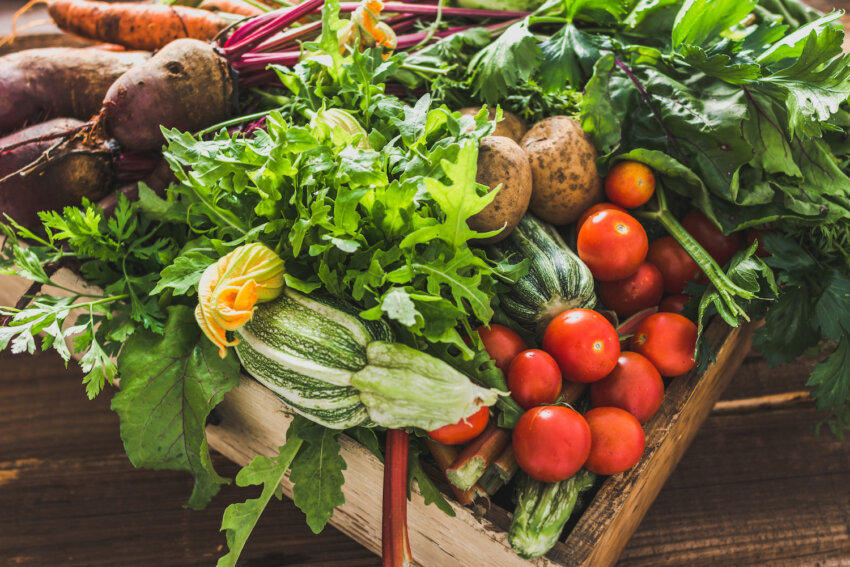

According to the American Institute for Cancer Research, eating a primarily plant-based diet is linked to a reduction in the risk of several types of cancers. By incorporating more vegetables, whole grains and plant-based foods into your diet and making sure that at least two-thirds of your plate is comprised of these foods each meal, you may help reduce the risk of cancer.
Store-bought vegetables, fruits and herbs are beneficial and rich in nutrition, however, prolonged time on the shelf may result in degradation of nutrients over time. Consider growing a variety of these foods in your garden to maximize your intake of vitamins, minerals and phytochemicals — the natural chemicals produced by plants.
The good news is that South Texas offers a climate conducive to growing a variety of vegetables, herbs and fruits. To help reduce the risk of cancer, consider growing these foods:
Cruciferous vegetables.
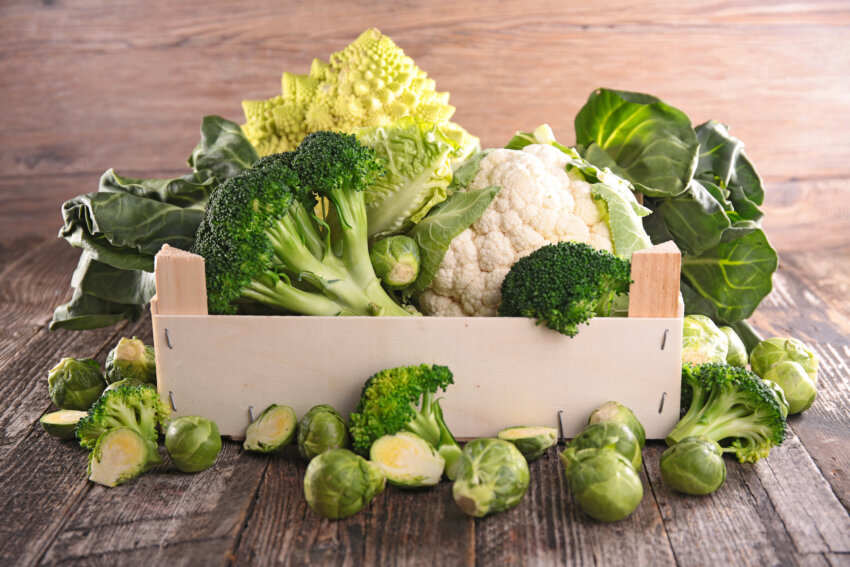
Cruciferous vegetables like broccoli, Brussels sprouts, cabbage and cauliflower, have been shown to have beneficial properties for cancer risk reduction. Broccoli, for example, contains folate, vitamin C, selenium, zinc and has antioxidant properties. A diet rich in antioxidants can help prevent cell damage from free radicals — unstable molecules which can damage cells — and help reduce cancer risk.
Fiber-rich whole foods.
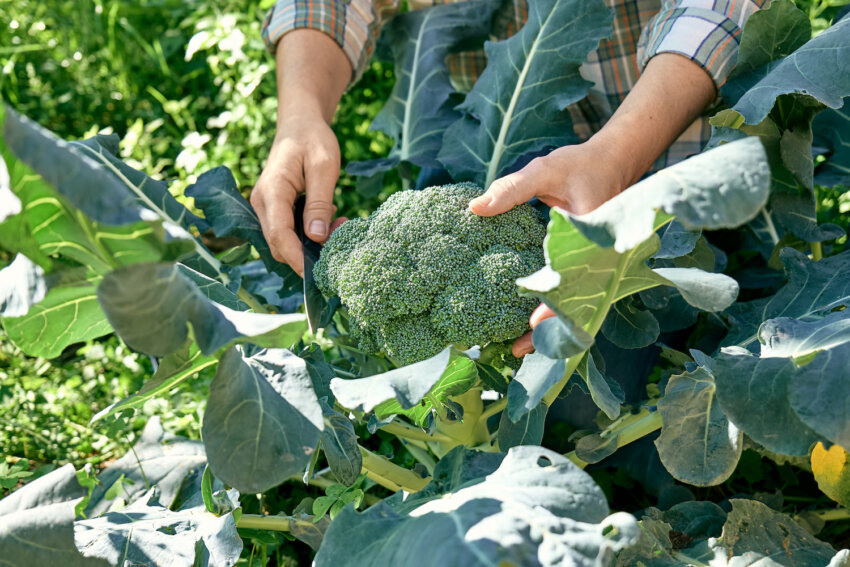
The American Institute for Cancer Research recommends getting at least 30 grams of dietary fiber each day. Consider increasing your fiber intake with home-grown, high-fiber vegetables like broccoli and cauliflower. Fiber from broccoli, for example, helps boost good gut bacteria, which can help fight inflammation and aid in the absorption of nutrients. Fiber-rich foods can also help you feel full.
Herbs.
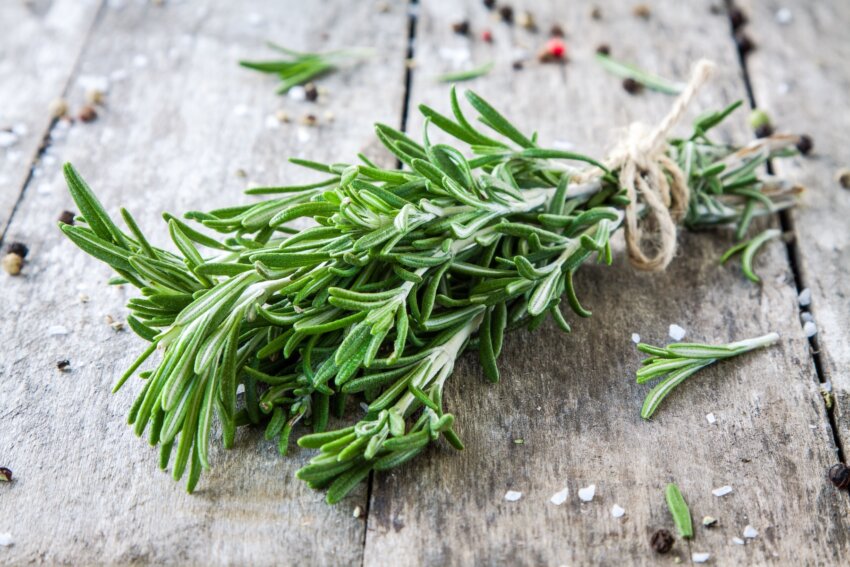
Research has shown that we absorb the beneficial compounds from herbs much better when we digest them from whole food sources. This means that fresh herbs from your garden can provide more of the properties that help reduce the risk of cancer. Herbs like basil and rosemary, can be especially beneficial.
The essential oils in basil have antimicrobial properties that can be good for fighting infections and basil has been shown to decrease oxidative damage in animal studies.[1]
Oxidative damage occurs when there are more free radicals than antioxidants to neutralize them.
Rosemary contains some biologically active compounds like camphor, caffeic acid and ursolic acid – which have been shown to protect against oxidative stress.
Fruits rich in vitamins and antioxidants.
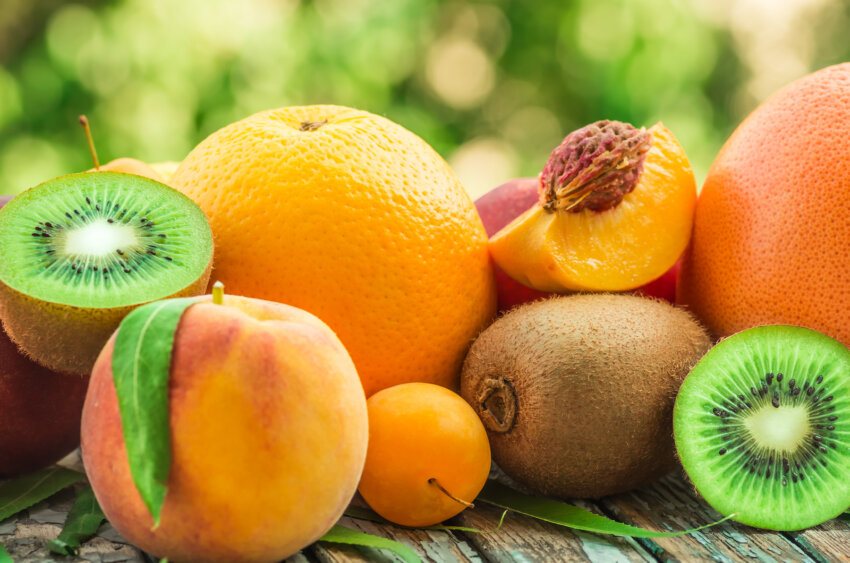
Fruits are a welcome addition to your diet, especially those rich in vitamin C and antioxidant properties, like kiwis and oranges. Other fruits that offer a wealth of antioxidants include blueberries, blackberries and strawberries. If you live in South Texas, consider growing peaches and plums, which are rich in vitamins A and C, antioxidants and fiber.
If you’re a cancer patient, consider meeting with a dietitian.

If you’re a cancer patient undergoing treatment at Mays Cancer Center, meeting with a dietitian to receive individualized nutrition recommendations to meet your specific needs can be beneficial. For example, there are certain clinical instances where patients may undergo different surgeries or treatments and may benefit from a low-fiber diet.
The Mays Cancer Center currently offers nutrition counseling to cancer patients who are actively seeing a Mays Cancer Center oncologist. Patients can be referred by their provider’s office or can ask their physician if it would be appropriate to meet with a dietitian, even if they are only seeking general information.
Our dietitians closely follow cancer patients during their treatment, especially if they’re struggling with nausea or poor appetite. We work through strategies to address each patient’s unique needs.
We also provide services to cancer patients who have completed their treatments if they are still actively meeting with their Mays Cancer Center oncologist.
To learn more about the nutrition counseling services at the Mays Cancer Center, click here.
[1] Kaefer, CM, Milner, JA. Herbs and Spices in Cancer Prevention and Treatment. In: Benzie IFF, Wachtel-Galor ,S, editors. Herbal Medicine: Biomolecular and Clinical Aspects. 2nd edition. Boca Raton (FL): CRC Press/Taylor & Francis; 2011. Chapter 17. Available from https://www.ncbi.nlm.nih.gov/books/NBK92774/.

 Close
Close